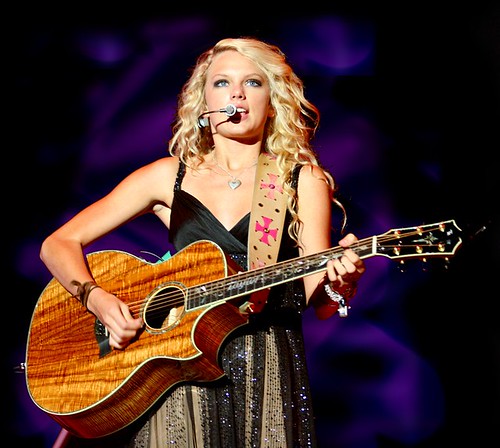
Taylor Swift stands today as one of the most formidable and influential figures in global entertainment, a cultural phenomenon whose artistic and commercial triumphs are matched only by her strategic acumen and unwavering dedication to asserting her intellectual property rights. Her career, marked by record-breaking tours and albums, has also been punctuated by a series of high-profile legal challenges that underscore the complex, often contentious, landscape of copyright in the modern music industry. These battles are not mere footnotes in her biography; they are integral to understanding the evolving dynamics of creative ownership and the significant precedents being set for artists worldwide.
Indeed, Swift has consistently found herself at the epicenter of debates surrounding artistic originality, fair use, and the protection of creative expression. From defending her lyrics against accusations of appropriation to asserting control over her master recordings, she has become an unintentional but potent symbol of an artist’s fight for autonomy. The resolution of her long-running ‘Shake It Off’ lawsuit in 2025, after nearly a decade of litigation, represents a critical moment, not just for her personal legal record but for the broader discourse on how much protection simple, repeatable phrases can and should receive in popular music.
As one chapter closes, another begins, with a fresh wave of allegations from self-published poet Kimberly Marasco, who claims Swift has pilfered her verses for multiple chart-topping songs. This new federal lawsuit, filed in 2025, broadens the scope of the discussion to include not only lyrical content but also thematic elements, choreography, and even album artwork, drawing in key collaborators like Jack Antonoff and Aaron Dessner. These ongoing legal sagas offer an unparalleled look into the intricate, often high-stakes world of intellectual property in music, highlighting the ever-present tension between inspiration and infringement.
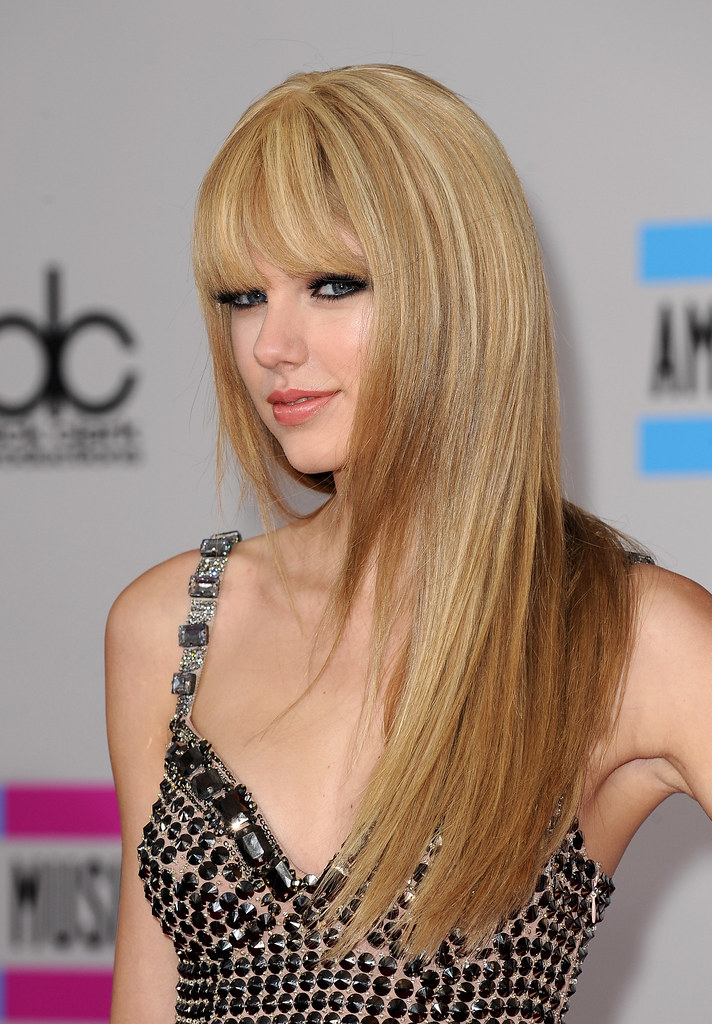
1. **The ‘Shake It Off’ Lawsuit: Initial Filing and Core Allegations**One of Taylor Swift’s most enduring legal confrontations centered on her 2014 megahit, “Shake It Off.” The lawsuit, first filed in 2017 by songwriters Sean Hall and Nathan Butler, cast a long shadow over the song’s immense success, alleging that Swift’s iconic chorus unlawfully borrowed from their 2001 track, “Playas Gon’ Play.” This earlier song was performed by the R&B girl group 3LW, and the core of the plaintiffs’ argument revolved around a striking linguistic similarity that they contended constituted direct copyright infringement.
The specific lines at the heart of the dispute were Swift’s memorable phrases: “players gonna play” and “haters gonna hate.” Hall and Butler asserted that these lyrics were lifted directly from their composition, which notably included the lines “playas, they gonna play” and “haters, they gonna hate.” The similarity, though seemingly simple, sparked a complex legal debate about originality, popular vernacular, and the boundaries of intellectual property in the highly competitive and interconnected world of pop music. The plaintiffs meticulously outlined their claims, seeking to prove that the lyrical overlap was more than mere coincidence, but rather a deliberate act of copying that merited legal recourse.
Initially, the case garnered significant media attention due to Swift’s unparalleled celebrity, but it quickly evolved into a much larger conversation about the fundamental nature of pop songwriting. The dispute raised questions about how readily available common idioms and cultural catchphrases could be protected under copyright law, especially when they appear in highly successful musical works. This early stage of the lawsuit set the tone for what would become an eight-year odyssey through the American legal system, transforming a straightforward copyright claim into a landmark case with far-reaching implications for artists, producers, and legal scholars alike.
Read more about: Unpacking the Commanders Lawsuit: Native Group Fights to Restore Redskins Name, Accuses NCAI of Erasing History
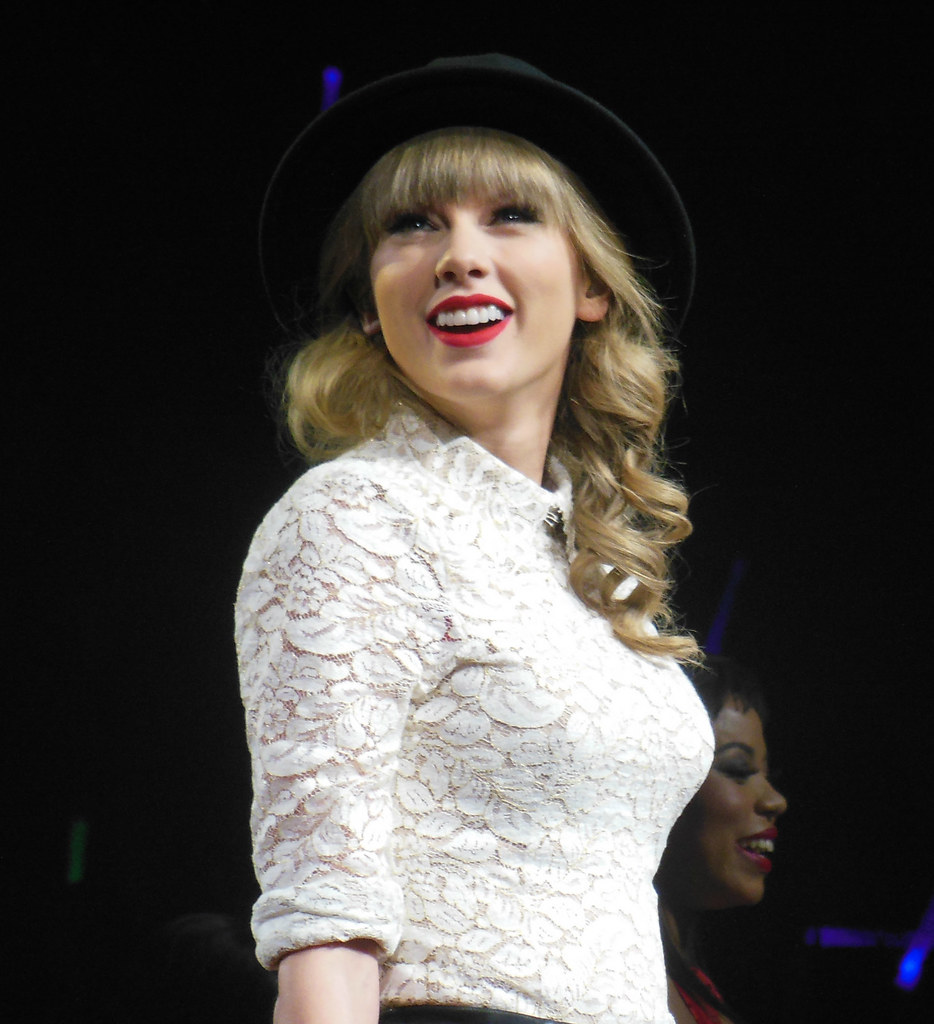
2. **Swift’s Defense: Common Phrases and Artistic Freedom Arguments**From the very outset, Taylor Swift mounted a vigorous defense, consistently and unequivocally denying any allegations of copyright infringement. Her legal team’s strategy was anchored in the assertion that the phrases “players gonna play” and “haters gonna hate” were not original to Hall and Butler’s song, but rather ubiquitous expressions. They argued that these were common idioms, deeply ingrained in everyday speech and widely circulated within hip-hop and pop culture long before either “Playas Gon’ Play” or “Shake It Off” was ever conceived or released to the public.
Swift herself underscored this point in a sworn declaration submitted to the court, stating emphatically that she had never heard the 3LW track prior to the lawsuit being filed against her. This direct testimony aimed to dismantle the plaintiffs’ claim of access and direct copying, suggesting instead that any lyrical overlap was purely coincidental, a result of both songs drawing from a shared cultural lexicon. Her defense painted a picture of independent creation, where common societal expressions naturally find their way into artistic works.
Beyond just her personal claim of ignorance regarding the 3LW song, Swift’s legal team articulated a more profound argument concerning the potential chilling effect such a lawsuit could have on artistic freedom. They contended that allowing commonly used phrases to be monopolized through copyright would establish a perilous precedent for all songwriters. Such a ruling, they argued, would unduly restrict creative expression, stifling innovation and forcing artists to navigate a minefield of everyday language that could theoretically be claimed by anyone, thereby impeding the natural flow and evolution of popular music. This stance positioned Swift not just as a defendant, but as a protector of creative liberties within the industry.
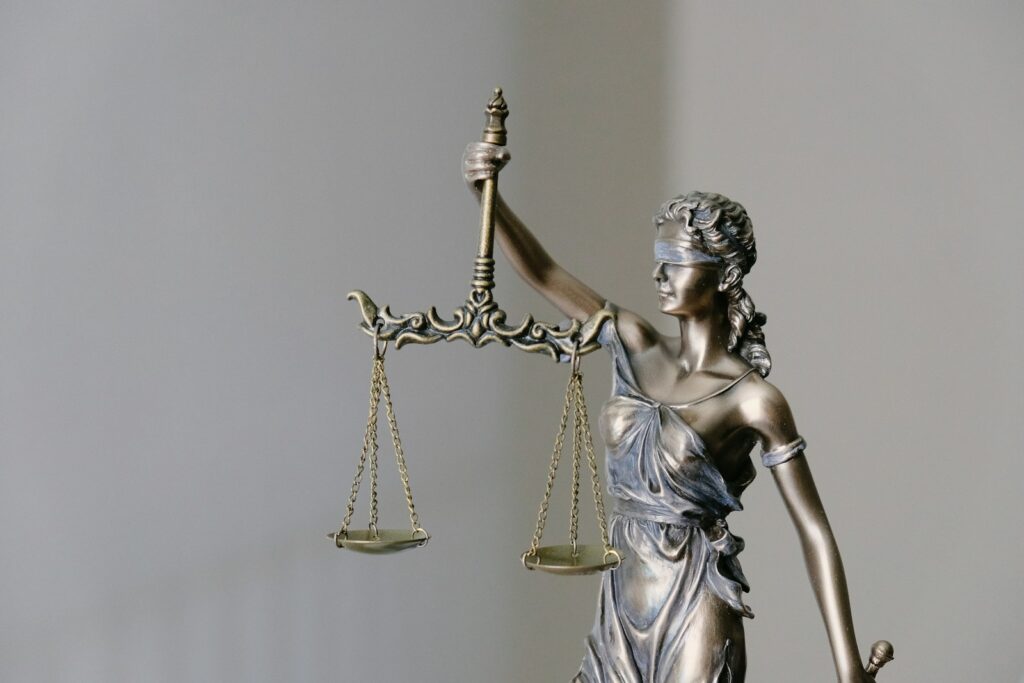
3. **The ‘Shake It Off’ Legal Rollercoaster: Dismissal, Revival, and Impending Trial**The legal journey of the “Shake It Off” lawsuit was anything but straightforward, characterized by a series of surprising twists and turns that kept legal observers and music industry professionals on edge. In 2018, the case initially appeared to conclude with a victory for Swift when a judge ruled that the lyrics in question were “too banal” to be eligible for copyright protection. This initial dismissal was a significant moment, reinforcing the idea that common, unoriginal phrases should not be granted the same legal safeguards as more complex creative works. It seemed, for a time, that Swift and her team could indeed “shake it off” for good.
However, the legal narrative took a dramatic U-turn in 2019. In a move that surprised many, a federal appeals court decided to revive the suit, overturning the previous dismissal and allowing the case to proceed. This decision reignited the debate, challenging the notion that certain phrases were inherently too simple to be copyrighted. The appellate court’s ruling meant that the question of originality and infringement would have to be thoroughly litigated, signaling a prolonged and intricate legal battle ahead. It was a stark reminder that in copyright law, interpretations can vary significantly across different judicial levels.
What followed this revival was a years-long legal back-and-forth, emblematic of high-stakes intellectual property litigation. The process involved extensive depositions, where key witnesses, including Swift herself, provided sworn testimony. Expert musicologists and legal scholars were brought in to offer their analyses of both songs, delving into their melodic, rhythmic, and lyrical structures. Numerous delays further extended the proceedings, pushing the anticipated jury trial further into the future. Finally, after years of legal maneuvering, a jury trial was officially set for early 2023, setting the stage for what promised to be a highly publicized and closely watched courtroom showdown.
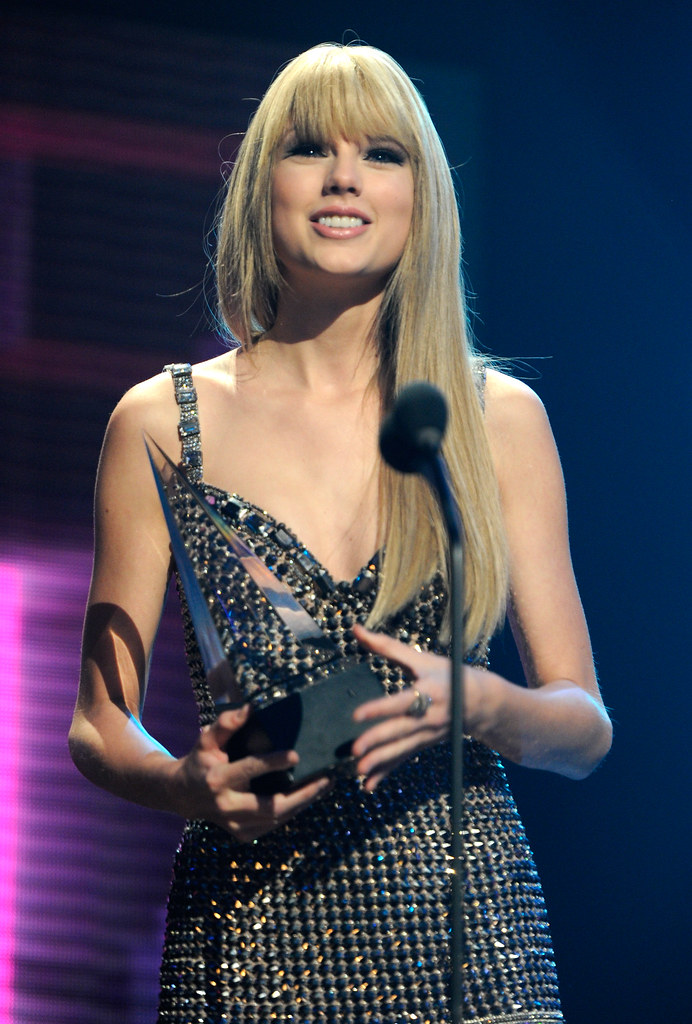
4. **The 2025 ‘Shake It Off’ Settlement/Dismissal and Its Broader Implications**Just weeks before the long-awaited jury trial was scheduled to commence in early 2023, a significant and somewhat anticlimactic development brought the protracted “Shake It Off” legal battle to an unexpected close. Both parties, Taylor Swift and songwriters Sean Hall and Nathan Butler, quietly agreed to dismiss the case. A joint filing in December 2022 confirmed that the suit had been dropped “in its entirety,” though the official closure was not publicly revealed as a “Big2025Settlement Reveal” until June 2025, marking the formal end of nearly eight years of litigation. While no public settlement was announced, the dismissal was crucially made “with prejudice,” meaning the lawsuit cannot be refiled in the future.
This dismissal, without a public declaration of specific terms or a grand courtroom verdict, left many questions unanswered regarding the specifics of any agreement between the parties. Swift’s spokesperson declined to comment on the details at the time, and Hall and Butler have maintained silence since the case’s closure. This lack of transparency, while common in such agreements, meant the broader legal community had to interpret the implications without explicit guidance on what factors ultimately led to the resolution. Nonetheless, the “with prejudice” clause provided a definitive end to the immediate legal threat surrounding one of Swift’s most recognizable choruses.
The conclusion of this drawn-out legal saga garnered widespread media attention, transcending Swift’s celebrity to touch upon deeper concerns for songwriting and copyright law. In an era where lyrical overlap in pop music is almost inevitable—given the genre’s reliance on idioms and cultural catchphrases—the case raised significant questions among musicians, producers, and musicologists. It prompted critical discussions about how much legal protection simple, repeated phrases should realistically be afforded. The “Shake It Off” case underscored the delicate balance between protecting intellectual property and fostering an environment where artists can freely draw from a shared cultural pool without constant fear of litigation, leaving a lasting imprint on industry standards and legal interpretations.
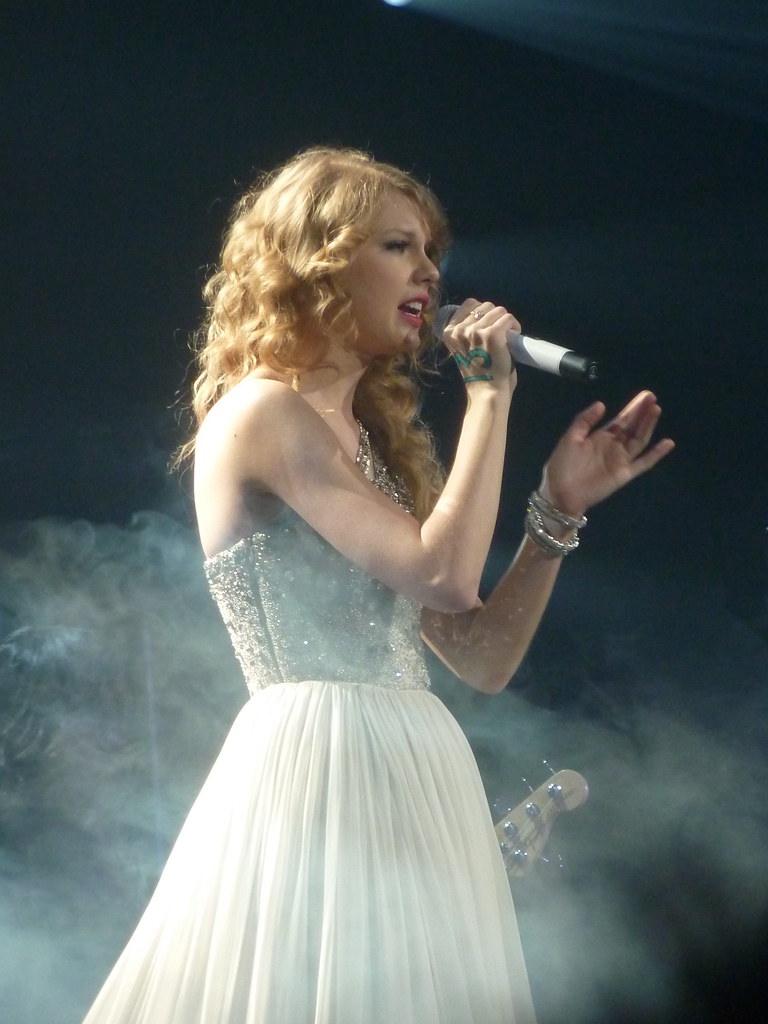
5. **The Kimberly Marasco Lawsuit: Initial Filing and Plagiarism Claims (2025)**As the dust settled on one major legal battle, Taylor Swift found herself at the center of another, equally compelling copyright infringement lawsuit in 2025. This time, the allegations came from Kimberly Marasco, a self-published poet based in Florida. Marasco filed a fresh federal lawsuit in the Southern District of Florida on February 28, 2025, under case number 2:2025cv14067, accusing Swift and her collaborators of copying substantial portions of her poetry for multiple high-profile songs. The complaint goes beyond mere lyrical resemblance, hinting at broader thematic and creative appropriations.
Marasco, who is representing herself in this complex legal undertaking, alleges that Swift, along with key producers and music labels, utilized original copyrighted material—both lyrical and thematic—from her published works without authorization or any form of compensation. The self-published nature of Marasco’s work, including books like “Poetry Revelations about the Woke Mob” and “Fallen From Grace,” forms the basis of her claim. Her Amazon bio mentions that “Poetry Revelations about the Woke Mob” includes several poems from her first book, “Fallen From Grace,” which are supposedly the source of Swift’s alleged copying.
A fascinating aspect of Marasco’s claim revolves around her supposed discovery of the alleged similarities. She asserts that she was not a fan of Swift and barely noticed any overlap until she watched “The Eras Tour” over the internet and on television in 2024. Her lawsuit states, “In 2024, Plaintiff discovered most of the infringing activity by a co-worker commenting on the substantial similarity of the Defendant’s music to the Works as well as after viewing the ‘Eras Tour’ over the internet and on television.” However, this narrative is complicated by earlier social media activity; Marasco had posted an illustration depicting “Taylor Swift’s Inkjet Copy Machine” back in 2022, referencing Swift’s song “Midnight Rain” with the caption, “It was the Midnight Frame,” months before “The Eras Tour” even kicked off. This earlier engagement with Swift’s work raises questions about the timeline of her claimed discovery and the origins of her allegations.

6. **Marasco’s Allegations: Specific Song-Poem Comparisons**The Kimberly Marasco lawsuit against Taylor Swift meticulously details a series of alleged copyright infringements, drawing direct comparisons between Swift’s song lyrics and Marasco’s published poetry. These examples form the bedrock of her $25 million claim and invite the courts, and indeed the public, to scrutinize the degree of similarity. One prominent example cited in the lawsuit involves Swift’s song “The Man” and Marasco’s poem “Ordinary Citizen.” Swift’s lyrics muse, “I’m so sick of running as fast as I can / Wondering if I’d get there quicker if I was a man / And I’m so sick of them coming at me again.” Marasco contends this mirrors her poem, which states, “I’m running behind / You say its His word against mine / No one will listen / Because I’m only an ordinary citizen.” The court will have to determine if these thematic echoes constitute plagiarism.
Another specific instance highlighted by Marasco involves Swift’s song “I Can Do It With A Broken Heart,” from her latest album. The lyrics contain the lines, “I cry a lot but am so productive, it’s an art / I can even do it with a broken heart.” Marasco draws a parallel to her own writing, where she once expressed, “What I found is that when you write from your heart, it results in a work of art.” The lawsuit, therefore, tasks the legal system with deciding whether the rhyming of ‘heart’ with ‘art’ in such an emotional context is a unique expression worthy of copyright protection, or merely a common literary trope that naturally arises in creative works.
Marasco’s claims extend to other tracks, further illustrating the breadth of her allegations. She suggests that Swift’s song “Mastermind,” which includes the lyric “to assess the equation of you,” was copied from her poem titled “Elon=MC2,” a piece she wrote for Elon Musk. Marasco insists that comparing a person to an equation is “eerily similar” to her own work, despite the potentially metaphorical nature of such an expression. Additionally, for the song “Invisible String,” Marasco claims “unique expressions” were stolen from her poem “Time.” Swift’s song features the lines, “Time, mystical time, cutting me open then healing me fine,” while Marasco’s poem reads, “Time, what is time? All I know, it’s never been kind.” These examples underscore the intricate and subjective nature of copyright disputes, where the interpretation of creativity and originality often hinges on subtle linguistic and conceptual parallels.
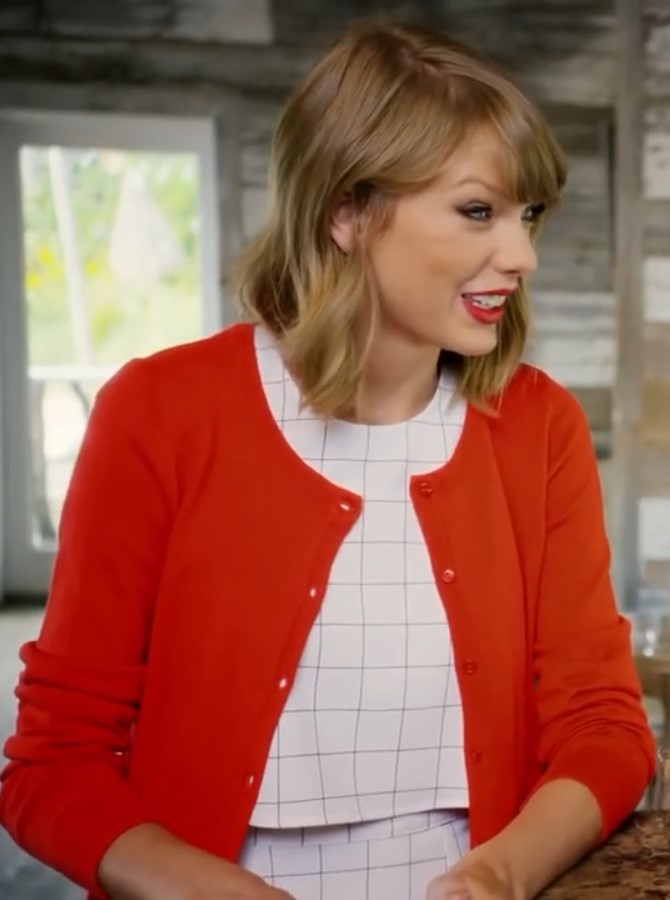
7. **The Challenge of Service: Marasco’s Struggles to Reach Swift**The Kimberly Marasco lawsuit has been mired from its inception by a significant procedural hurdle: the persistent difficulty in formally serving legal documents to Taylor Swift. This issue is not new for Marasco; her previous lawsuit against Swift in 2024 was ultimately dismissed by Judge Aileen Cannon due to her inability to successfully serve the pop star. This ongoing struggle highlights the unique challenges faced by independent plaintiffs when attempting to engage with high-profile defendants who possess extensive security and legal teams, and who are frequently on the move due to global commitments.
In the current 2025 lawsuit, Marasco has documented numerous strenuous attempts to serve Swift, outlining a determined but largely unsuccessful effort across multiple states. She reached out to sheriff’s offices and process servers in California, Tennessee, New York, and Rhode Island, meticulously detailing each failed endeavor in legal filings. In California, security personnel at a residence associated with Swift repeatedly turned away process servers, claiming the singer was not present. Similarly, in Tennessee, despite Swift owning property at the specified address, an affidavit of non-service indicated she did not reside there. The situation escalated in Rhode Island, where the local Sheriff’s Office explicitly warned that Marasco’s process server would face arrest for trespassing if further attempts were made at that location.
U.S. District Judge Aileen M. Cannon, who previously handled Marasco’s 2024 case, has once again been involved in addressing these service challenges. While acknowledging Marasco’s apparent “due diligence” in her attempts, Cannon partially granted a motion for an extension, allowing Marasco until June 15 to serve Swift. However, the judge denied Marasco’s requests for alternative methods of service and reimbursement of costs, emphasizing the need for strict compliance with Florida statutes for any future substituted service. Attorneys for the defendants, James Douglas Baldridge and Katherine Wright Morrone, countered Marasco’s claims by noting her failure to follow “obvious leads” regarding Swift’s whereabouts, such as attempting service in California when public reports indicated Swift was in New York City, or at a Rhode Island property undergoing major renovations. This intricate dance of procedural requirements underscores the precarious nature of Marasco’s lawsuit, as the failure to properly serve Swift could yet again lead to her dismissal from the case, potentially derailing the entire litigation against the world-renowned artist. The proceedings, for now, remain paused until all defendants are properly served.
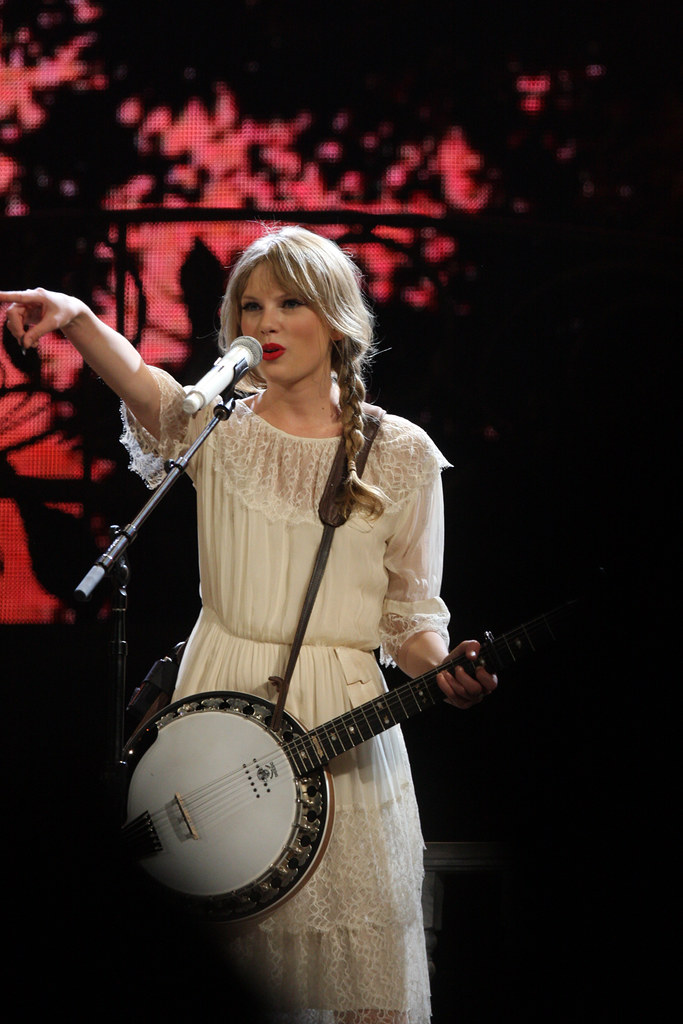
8. **Jack Antonoff and Aaron Dessner: The Collaborators Drawn Into the Marasco Lawsuit**Kimberly Marasco’s ambitious legal action extends beyond Taylor Swift herself, notably naming two of her most trusted and acclaimed collaborators as co-defendants: Jack Antonoff and Aaron Dessner. These producers and songwriters, instrumental in shaping Swift’s recent sonic landscape, now find themselves entangled in the intricate web of copyright litigation. Their inclusion highlights how deeply intertwined creative partnerships can become within intellectual property disputes.
Jack Antonoff, frontman of Bleachers, has been a pivotal creative force in Swift’s career for nearly a decade, co-producing and co-writing numerous chart-topping albums. Swift herself has lauded Antonoff as her “co pilot” and “friend for life,” underscoring his profound influence on her artistic output, particularly on albums like “Midnights.” Antonoff has reciprocated this praise, publicly commending Swift for “rightly exposing some real darkness in the music industry” through her battles for artistic ownership.
Similarly, Aaron Dessner, the frontman of indie-rock sensation The National, has contributed significantly as a songwriter and producer to Swift’s acclaimed albums “folklore” and “evermore.” Dessner has also openly expressed gratitude for his collaborations with Swift, acknowledging her as an inspiration for all artists to “own your own work and chart your own path without compromise.” His work on tracks like “Death By A Thousand Cuts” and “Invisible String” is specifically cited in Marasco’s complaint.
Marasco’s lawsuit alleges that both Antonoff and Dessner, through their creative contributions, are complicit in the “willful infringement” of her copyrighted material. For instance, she claims that “Invisible String,” a song co-written with Dessner, contains “unique expressions” stolen from her poem “Time.” The complaint asserts that their involvement goes beyond mere production, encompassing the “text, images, and designs” that allegedly copied her work, broadening the scope of responsibility in this evolving legal saga.
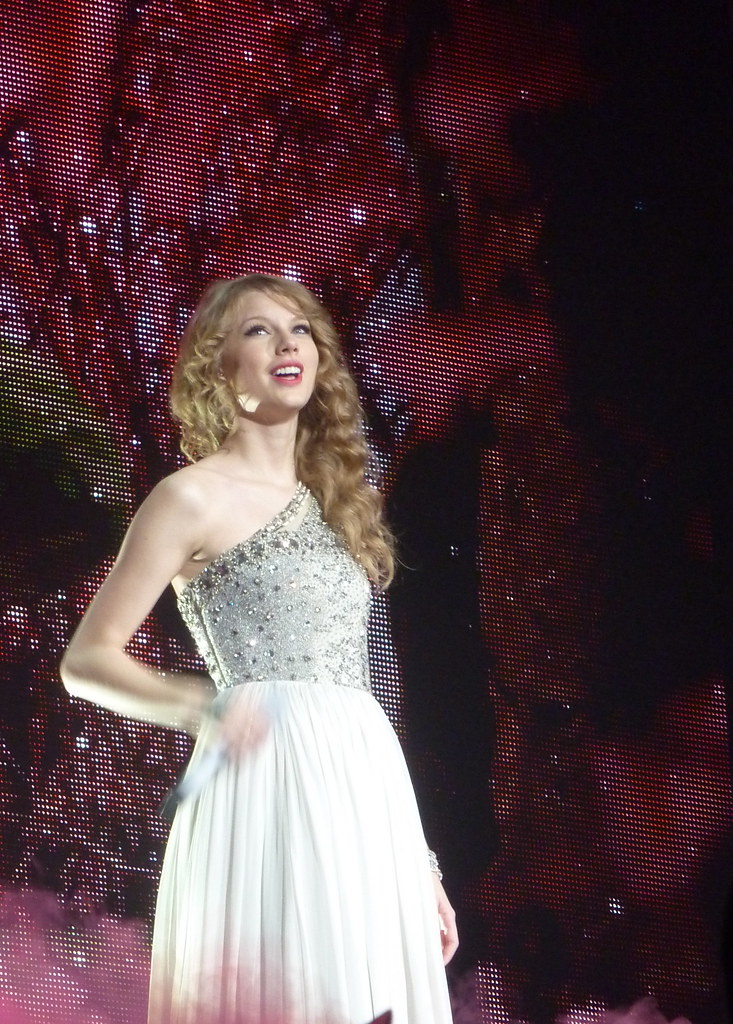
9. **Celebrity Comparisons: Marasco’s Use of Other Artists to Bolster Her Claims**In a previous legal filing, Taylor Swift’s lawyers employed a common defense strategy: demonstrating that the alleged copied elements were not unique, often by citing similar expressions in other popular songs. Kimberly Marasco’s current lawsuit directly addresses and refutes these comparisons, effectively drawing a host of other high-profile artists into the legal discourse. This intricate dance of comparison and distinction reveals the nuanced challenges in defining originality within a shared cultural lexicon.
One notable comparison arises with Swift’s song “The Man,” which Marasco claims was copied from her poem “Ordinary Citizen.” Swift’s defense had previously pointed to Beyoncé’s song “If I Were A Boy” as a precursor imagining gender role reversals. Marasco, however, asserts a crucial contextual difference, arguing that “Beyoncé is describing a boy in the world (not in an office setting) and how the boy should be more compassionate toward females,” distinguishing it from her own “completely different context” of an “ordinary citizen.”
Another artist brought into the discussion is Chaka Khan, whose song “A Woman in a Man’s World” was cited by Swift’s legal team to illustrate the prevalence of themes concerning women’s roles. Marasco counters this, stating that Khan’s lyrics, which include “in a dog-eat-dog, show biz town,” refer to the entertainment industry specifically, not mirroring the “similar unique expressions” she claims were taken from her work. This detailed rebuttal underlines Marasco’s effort to demonstrate that her lyrical and thematic expressions possess a distinct originality.
Brad Paisley also finds himself mentioned in the lawsuit, specifically his song “Perfect Storm,” which was previously compared to Marasco’s poem “Delusional Reality” and Swift’s “Midnight Rain.” While acknowledging thematic similarities in Paisley’s song regarding a lover with both bad and good qualities, Marasco insists that Paisley “describes how his lover has both bad and good qualities and thus relates her with a storm and sunshine.” She further distinguishes her own poem, asserting, “This is not the same expression conveyed by the Plaintiff where she refers to being consumed by her own storm.” These detailed comparisons underscore the subjective nature of copyright claims, often hinging on subtle linguistic and metaphorical distinctions.
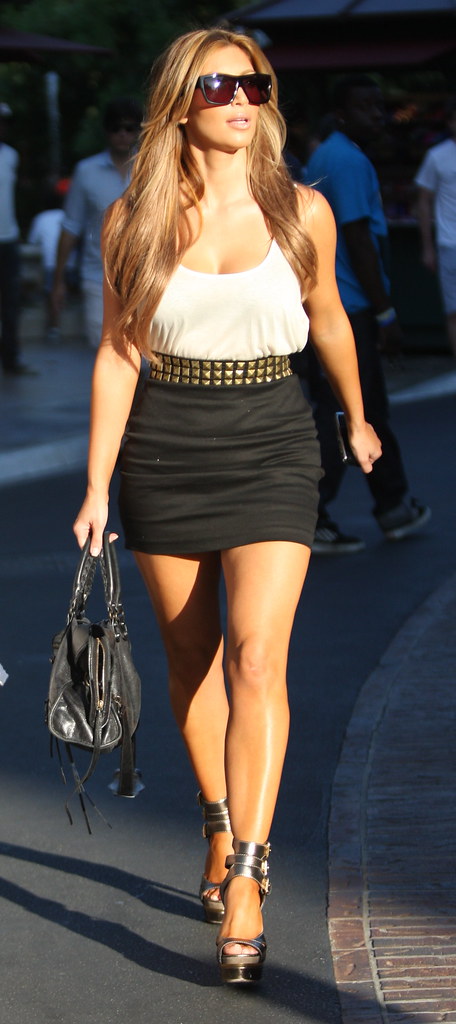
10. **The Elon Musk and Kim Kardashian Mentions: Broader Cultural Threads in the Complaint**The Kimberly Marasco lawsuit weaves a broader tapestry of pop culture references, extending beyond musical artists to include prominent figures like Elon Musk and Kim Kardashian. These inclusions, while not directly accusing these celebrities of copyright infringement, serve to contextualize Marasco’s claims and highlight the pervasive influence of public figures in contemporary cultural discourse. It underscores how creative works often draw from a collective well of shared experiences and prominent personalities.
One intriguing claim involves Marasco’s poem titled “Elon=MC2,” which she wrote for Elon Musk and shared on social media. Marasco alleges that Swift’s song “Mastermind,” with its lyric “to assess the equation of you,” is “eerily similar” to her own work, particularly in its metaphorical comparison of a person to an equation. This specific comparison attempts to establish a link between her distinct admiration for Musk and Swift’s lyrical expressions, even as Musk and Swift themselves have had their own public, albeit tangential, exchanges.
The lawsuit also briefly touches upon Swift’s high-profile feud with reality star Kim Kardashian, referencing Swift’s song “thanK you aIMee.” While the wider public largely interprets this track as a direct commentary on the long-standing dispute between Swift and Kardashian, Marasco presents an alternative reading. She suggests that the song’s lyric, “A song that only us two is gonna know is about you,” combined with the widespread assumption it’s about Kardashian, implies it must actually be about a “different ‘Kim’,” implicitly pointing to herself. This interpretation highlights Marasco’s efforts to insert her narrative into Swift’s existing public dramas.
These unconventional celebrity mentions, particularly concerning figures outside the music industry, reflect the extensive nature of Marasco’s complaint. They illustrate her attempt to not only prove lyrical plagiarism but also to demonstrate a broader appropriation of thematic elements and conceptual frameworks she believes are unique to her self-published works. Such detailed assertions complicate the legal process, requiring the courts to dissect not just direct lyrical parallels but also the more abstract realms of inspiration and cultural influence.
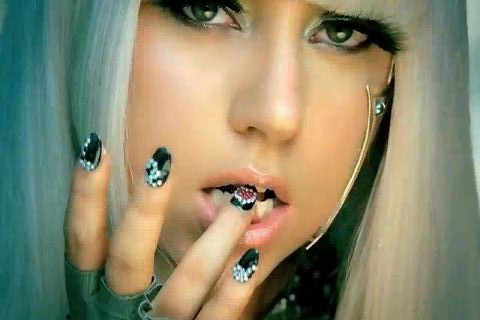
11. **Allegations of Access: Lady Gaga and the Digital Age Argument**A cornerstone of any copyright infringement lawsuit is the plaintiff’s ability to prove that the alleged infringer had “access” to their original work. In the digital age, this concept has evolved, and Kimberly Marasco’s lawsuit against Taylor Swift attempts to leverage these modern interpretations, alongside specific celebrity connections, to establish that Swift had a “reasonable opportunity to view” her copyrighted poetry. This crucial element seeks to demonstrate a plausible pathway for Marasco’s work to have reached Swift.
Marasco explicitly states in her legal filings, “In the digital age, access is often assumed. Actual viewing of the protected material is not required to establish access; access merely means a reasonable opportunity to view the material.” This argument posits that because her books were published and available, Swift, or her team, could have encountered them, thus fulfilling the access requirement, regardless of whether direct proof of Swift reading them exists. This broad interpretation of access is a key strategic move for self-published artists.
To further bolster her claim of industry awareness and, by extension, Swift’s potential access, Marasco cites an unusual connection to Lady Gaga. She alleges that Lady Gaga once posed in a manner “similar to the cover of one of Marasco’s books, ‘Fallen from Grace’.” Marasco had detailed this observation on X (formerly Twitter), questioning whether Gaga’s pose, covering her eyes, was a “nod to the ‘large eyes’ that I drew for the cover.” While Marasco clarified she wasn’t accusing Gaga of copying, this anecdote serves to suggest that her work had a presence within the celebrity sphere, potentially reaching Swift’s orbit.
This strategy to establish “access” is critical for Marasco, particularly as a self-published poet pursuing a high-profile artist. By arguing for a digital age presumption of access and illustrating an alleged instance of her work being noticed by another major celebrity, Marasco endeavors to overcome a significant hurdle in copyright litigation. The success of this argument could have wider implications for how “access” is interpreted in cases involving widely available, albeit niche, creative works.
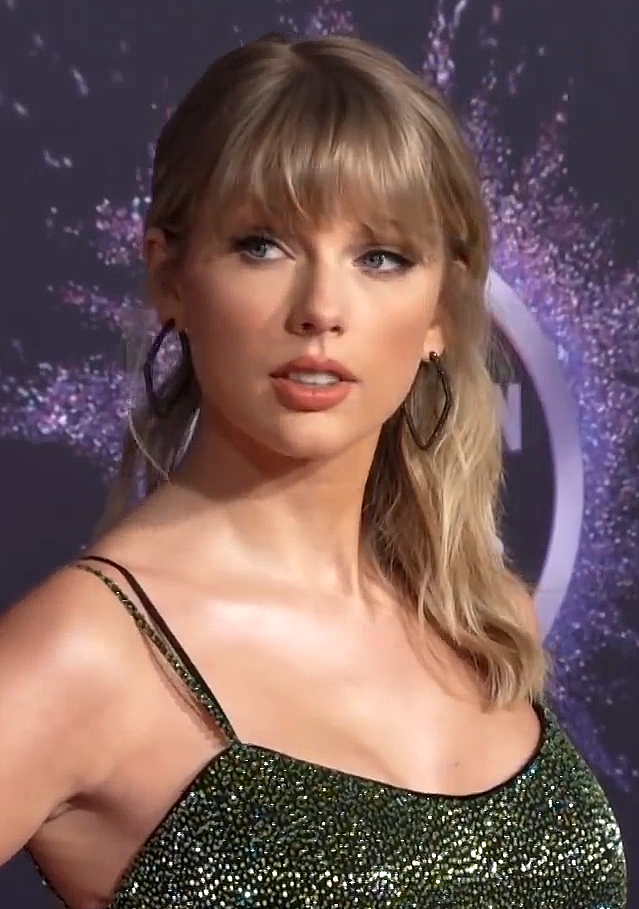
12. **The Financial Strain on the Plaintiff: Marasco’s Battle Against Rising Legal Costs**The arduous nature of a federal lawsuit, especially when pursued by a self-represented plaintiff against a globally renowned artist, inevitably brings significant financial burdens. Kimberly Marasco’s ongoing legal battle against Taylor Swift has illuminated these challenges, with Marasco recently detailing the escalating costs that threaten to impede her ability to pursue justice. Her struggle underscores the inherent inequities faced by independent litigants in high-stakes intellectual property disputes.
In a recent court motion, Marasco urgently requested the court’s permission to transition from traditional paper filings to electronic submission, citing the “significant” and “increasingly burdensome” expenses associated with mailing and travel. This plea for administrative relief was a direct acknowledgment of the mounting financial pressure she faces, as every document printed and mailed contributes to a substantial and ongoing drain on her resources.
Marasco provided specific details of these expenses, noting that “Printing documents using my HP Inkjet printer incurs approximately $120 for ink and paper, and the frequent need to purchase supplies adds to the financial burden.” Beyond printing, she emphasized the time-intensive and costly nature of “traveling to the courthouse for in-person submissions,” in addition to the delays introduced by “mailing documents.” These seemingly minor costs quickly accumulate, making consistent litigation exceptionally difficult for individuals.
U.S. District Judge Aileen M. Cannon, while acknowledging Marasco’s “due diligence” in her service attempts, ultimately denied the request for electronic filing. This decision, though based on current court rules regarding eligibility, means Marasco must continue to bear these substantial printing, mailing, and travel costs. The financial strain on Marasco highlights a critical aspect of such lawsuits: even with meritorious claims, the sheer expense of navigating the legal system can be a formidable barrier to entry and perseverance for those without extensive financial backing.
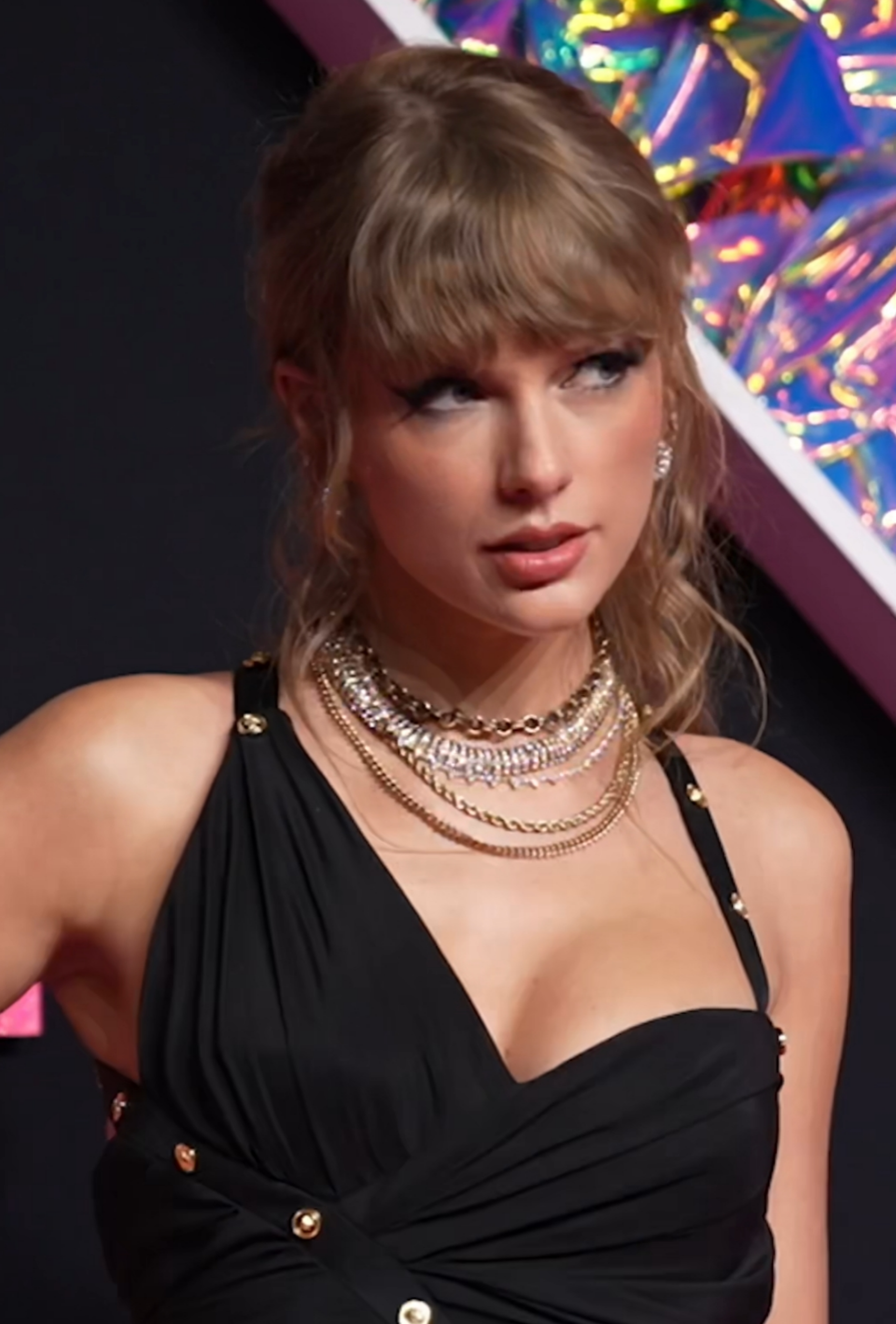
13. **Swift’s Broader Legal History: From Sexual Assault Countersuit to Blake Lively Drama**Taylor Swift’s career, while celebrated for its musical triumphs, has also been consistently marked by her engagement in, and often initiation of, significant legal battles. These confrontations, ranging from highly personal assertions of bodily autonomy to complex copyright disputes, paint a portrait of an artist fiercely protective of her rights and intellectual property. The Kimberly Marasco lawsuit is but the latest chapter in a long history of Swift navigating the complexities of the legal system.
Perhaps her most impactful legal challenge was her 2017 ual assault countersuit against a radio DJ who had sued her for millions after she reported his misconduct. Swift famously countersued for a symbolic $1, driven by a powerful desire “to make a point.” On the stand, she delivered a resolute testimony, declaring, “I’m not going to let you or your client make me feel in any way that this is my fault,” a statement that resonated globally and cemented her image as an advocate for victims of sexual harassment.
More recently, Swift has found herself reluctantly drawn into another celebrity legal entanglement: the lawsuit involving her close friend Blake Lively and actor Justin Baldoni. Reports indicate that Swift was served deposition papers related to this case, even facing a potential security breach involving a process server at Travis Kelce’s home. Sources close to Swift have expressed her frustration with being “repeatedly pulled back into Lively’s courtroom battle,” emphasizing that she “never wanted to be part of this fight” and is “hoping it ends soon.”
This ongoing “courtroom chaos” is particularly unwelcome as Swift prepares for major career milestones, including the launch of her forthcoming album, “The Life of a Showgirl,” and planning her wedding to Travis Kelce amidst rumors of the “biggest tour in the world.” Despite her desire to remain focused on her artistic endeavors and personal future, these legal dramas underscore the persistent challenges faced by public figures in maintaining privacy and controlling their narratives. Swift’s history demonstrates a consistent resolve, whether fighting for personal dignity or creative ownership, to confront legal challenges head-on.
In sum, Taylor Swift’s legal landscape is as dynamic and expansive as her musical empire. From the protracted “Shake It Off” copyright battle, which ultimately concluded in a quiet dismissal, to the burgeoning Kimberly Marasco lawsuit, which pulls in close collaborators and sparks debates over pop culture references and digital access, Swift consistently navigates the complex intersection of fame, creativity, and the law. Her impactful ual assault countersuit and even her tangential involvement in the Blake Lively drama further illustrate an artist whose public persona is inextricably linked to a resolute defense of her rights. These legal sagas are not merely individual disputes; they are a continuous, evolving commentary on intellectual property in the digital age, the financial barriers to justice, and the unwavering determination of an artist to protect her legacy. As the proceedings against Marasco continue, pausing until all defendants are properly served, the world watches to see what new precedents will be set in the annals of music law, further cementing Taylor Swift’s role not just as a global superstar, but as a significant legal protagonist of our time.



